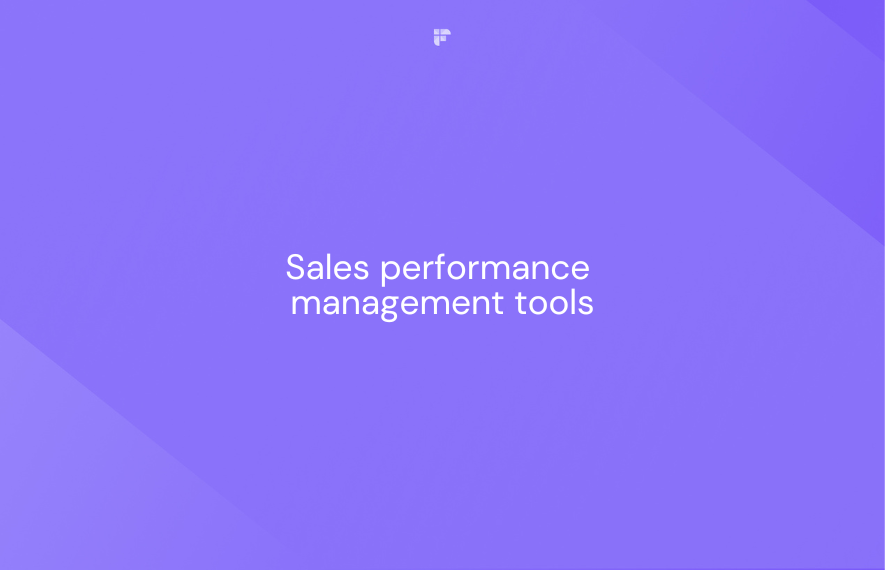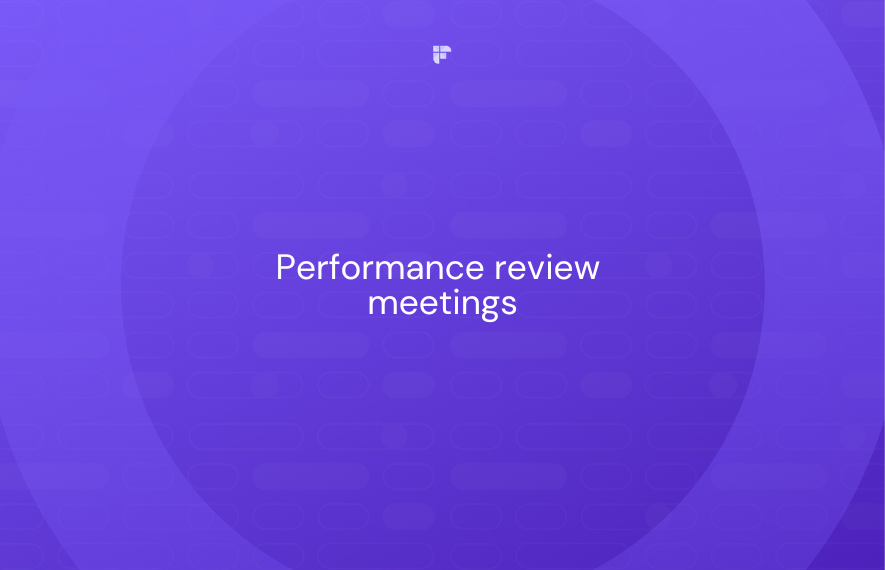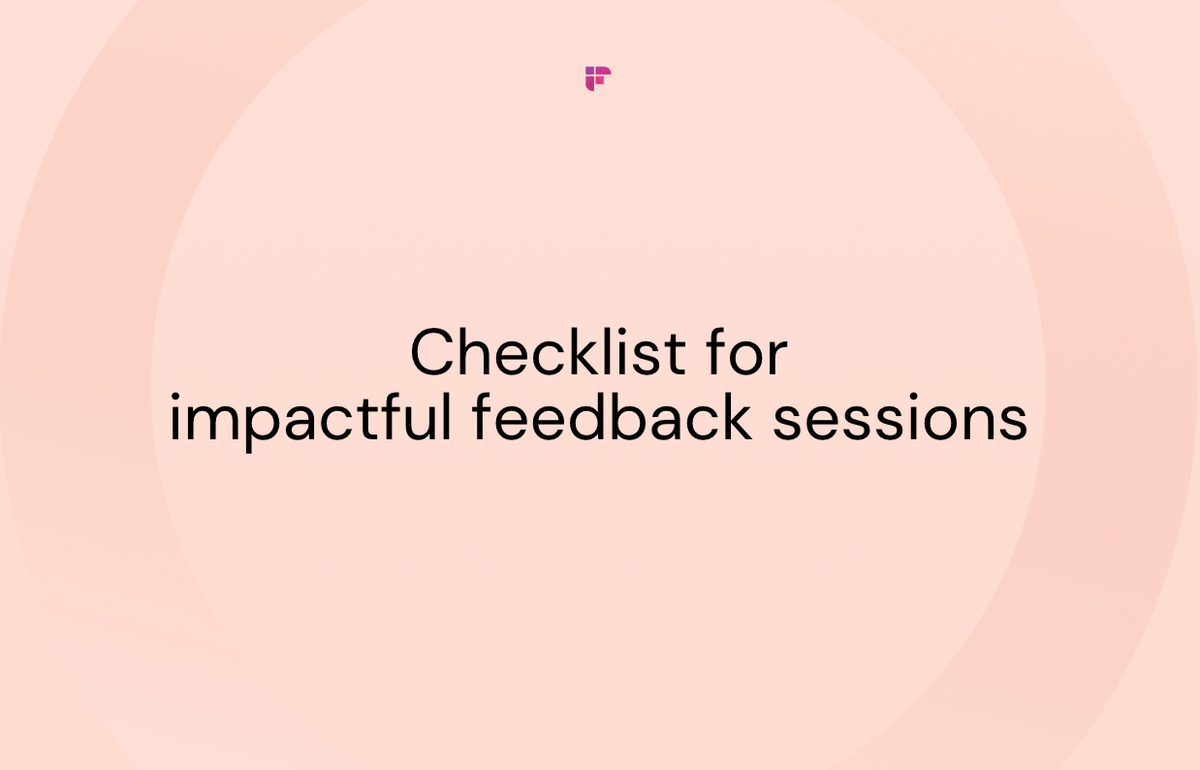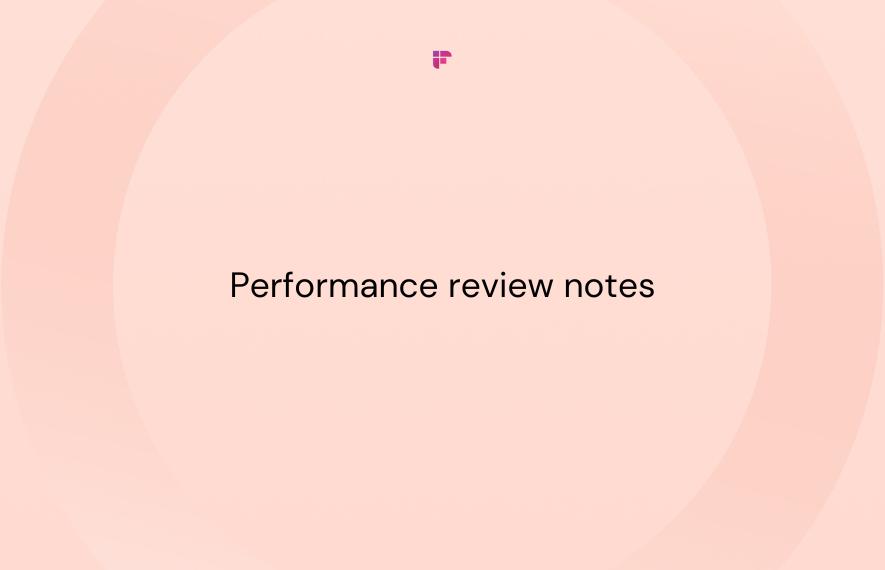Performance reviews are the key that helps organizations evaluate employee performance, provide constructive feedback, and set future goals.
According to The Growth Divide Study by Wakefield Research, even 94% of employees also want feedback and development opportunities daily or in real time.
They also help enhance the communication between employees and management, ensuring everyone is aligned with the organization's objectives. However, during performance reviews, if the feedback isn't captured effectively, it can lead to disagreements down the line about what was said or to feedback not being implemented correctly.
This article explains the significance and best practices for taking performance review notes and thus effectively capturing feedback. Read on!
Key takeaways
- Performance reviews are vital for evaluating employee performance and fostering communication between employees and management.
- Constructive feedback is essential for employee development and engagement.
- Effective note-taking during performance reviews can streamline the process and ensure actionable insights.

The importance of performance review notes

Performance review notes are more than just records of what was discussed during a review meeting. They are critical tools that capture essential feedback, highlight areas for improvement and document achievements. These notes ensure that both the employee and the manager have a clear understanding of the outcomes of the review and the steps needed to achieve future goals.
Enhancing communication
One of the primary benefits of performance review notes is that they enhance communication between employees and management. Clear and detailed notes help avoid misunderstandings and ensure that both parties are on the same page regarding expectations and objectives. This clarity fosters a more transparent and trusting work environment.

Providing constructive Feedback
Constructive feedback is crucial for employee growth. Performance review notes should capture specific examples of both strengths and areas needing improvement. This feedback can guide employees in their professional development, helping them to build on their strengths and address any weaknesses.

Setting future goals
Performance review notes also play a vital role in setting future goals. Documenting these goals ensures that employees have a clear direction and understand the expectations for their performance. It also provides a benchmark for future reviews, allowing both the employee and manager to track progress over time.
Techniques for taking effective performance review notes

Taking effective performance review notes requires a strategic approach. Here are some techniques to help you capture the most important information during a review:
Use a structured format
Using a structured format for your notes can help ensure that you capture all relevant information. A typical format might include sections for strengths, areas for improvement, goals, and action items. This structure makes it easier to organize your notes and refer back to them later.

Be specific and objective
When taking notes, be as specific and objective as possible. Avoid vague statements and focus on concrete examples of performance. This specificity helps to ensure that feedback is clear and actionable.
Focus on key points
During a performance review, it's easy to get caught up in the details. Focus on capturing the key points that are most important for the employee's development and the organization's goals. This approach ensures that your notes are concise and relevant.
Utilize technology
Leveraging technology can significantly enhance the note-taking process. Tools like Fireflies.ai can automatically transcribe meetings and generate summaries, making it easier to capture and organize performance review notes. Fireflies.ai integrates seamlessly with various business apps, including Notion, to streamline workflows and enhance collaboration.
Best practices for conducting performance Reviews
Conducting effective performance reviews involves more than just taking good notes. Here are some best practices to ensure that your reviews are productive and beneficial for both the employee and the organization:
Prepare in advance
Preparation is key to a successful performance review. Review the employee's past performance, gather feedback from colleagues, and outline the key points you want to discuss. This preparation helps to ensure that the review is focused and productive.
Create a positive environment
Performance reviews can be stressful for employees, so it's important to create a positive and supportive environment. Start the review by highlighting the employee's strengths and achievements before discussing areas for improvement. This approach helps to build confidence and encourages a constructive dialogue.
Encourage open communication
Encourage employees to share their thoughts and feedback during the review. Open communication helps to build trust and ensures that the review is a two-way conversation. Listen actively to the employee's concerns and suggestions, and address any issues that arise.
Set clear and achievable goals
Setting clear and achievable goals is a crucial part of the performance review process. Ensure that the goals are specific, measurable, attainable, relevant, and time-bound (SMART). This clarity helps employees understand what is expected of them and provides a clear path for their development.
Follow up regularly
Performance reviews should not be a one-time event. Follow up regularly with employees to track their progress and provide ongoing feedback. Regular check-ins help to ensure that employees stay on track and receive the support they need to achieve their goals.
FAQs about performance review notes
What is the purpose of performance reviews?
Performance reviews aim to evaluate employee performance, provide feedback, set future goals, and enhance communication between employees and management.
How can managers prepare for performance reviews?
Managers can prepare by using sample phrases and comments, understanding the significance of constructive feedback, and avoiding common pitfalls in evaluations.
What are some effective phrases to use in performance reviews?
Various resources provide sample phrases categorized by different aspects of performance, such as collaboration, professionalism, and adaptability.
Why is constructive feedback important?
Constructive feedback helps employees understand their strengths and weaknesses, fostering a supportive environment that encourages growth and development.
How can technology assist in taking performance review notes?
Tools like Fireflies.ai can automatically transcribe meetings and generate summaries, making it easier to capture and organize performance review notes.
Conclusion
Performance review notes are a vital component of the performance review process. They enhance communication, provide constructive feedback, and set clear goals for the future.
By understanding the importance of performance reviews and utilizing effective phrases and strategies, organizations can foster a culture of continuous improvement and employee engagement.







